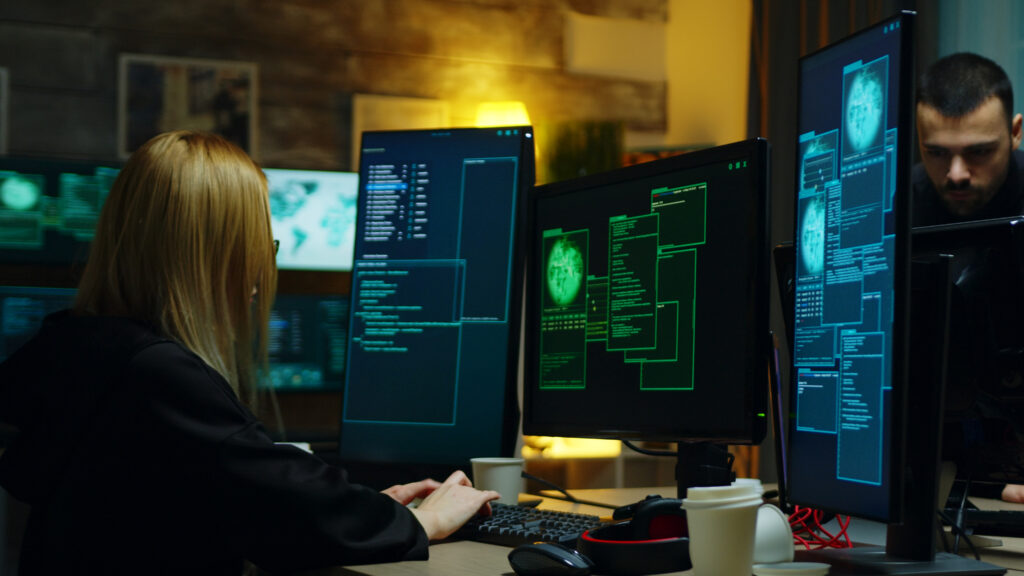TELIGENCIA LABS
Trusted cybersecurity service & assessment provider since 2021




About Us
Founded in 2021, Teligencia Labs is an innovative cybersecurity laboratory based in Tunis. Our primary focus is on delivering cutting-edge cybersecurity solutions and services, including comprehensive evaluations and consultations.
Teligencia Labs has been committed to excellence and continuous improvement.
Our team has successfully completed numerous cybersecurity evaluation and consultation projects, consistently growing in both scope and quality each year.
Our CyberSecurity Solutions

PENETRATION TESTING
Cybersecurity evaluation for software and hardware products.
READ MORE
Industrial Control System Security
Cybersecurity evaluation and certification of industrial automation and control system based on ISA/IEC 62443-4-1 and 62443-4-2 standards.
READ MORE

Medical Device Security
Conformity assessments related to cybersecurity resilience of Medical devices.
READ MORE

Common Criteria Consultancy
Professional support to prepare for a successful Common Criteria evaluation saves you cost and effort.
READ MORE
TELIGENCIA LABS
WHY CHOOSE US
Expert Protection
Our experts keep your data secure
24/7 Monitoring
We monitor and respond to threats around the clock
Cost Savings
Avoid costly breaches and minimize downtime
Trust and Reliability
Safeguard client information and build trust
OUR LATEST CYBERSECURITY BLOGS
Stay Informed with Cutting-Edge Insights and Expert Analysis

